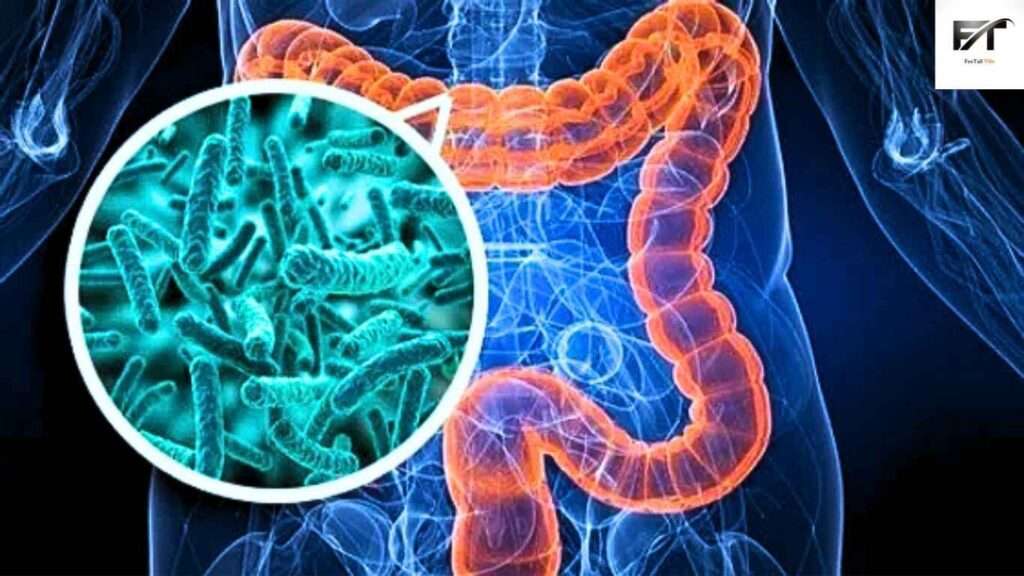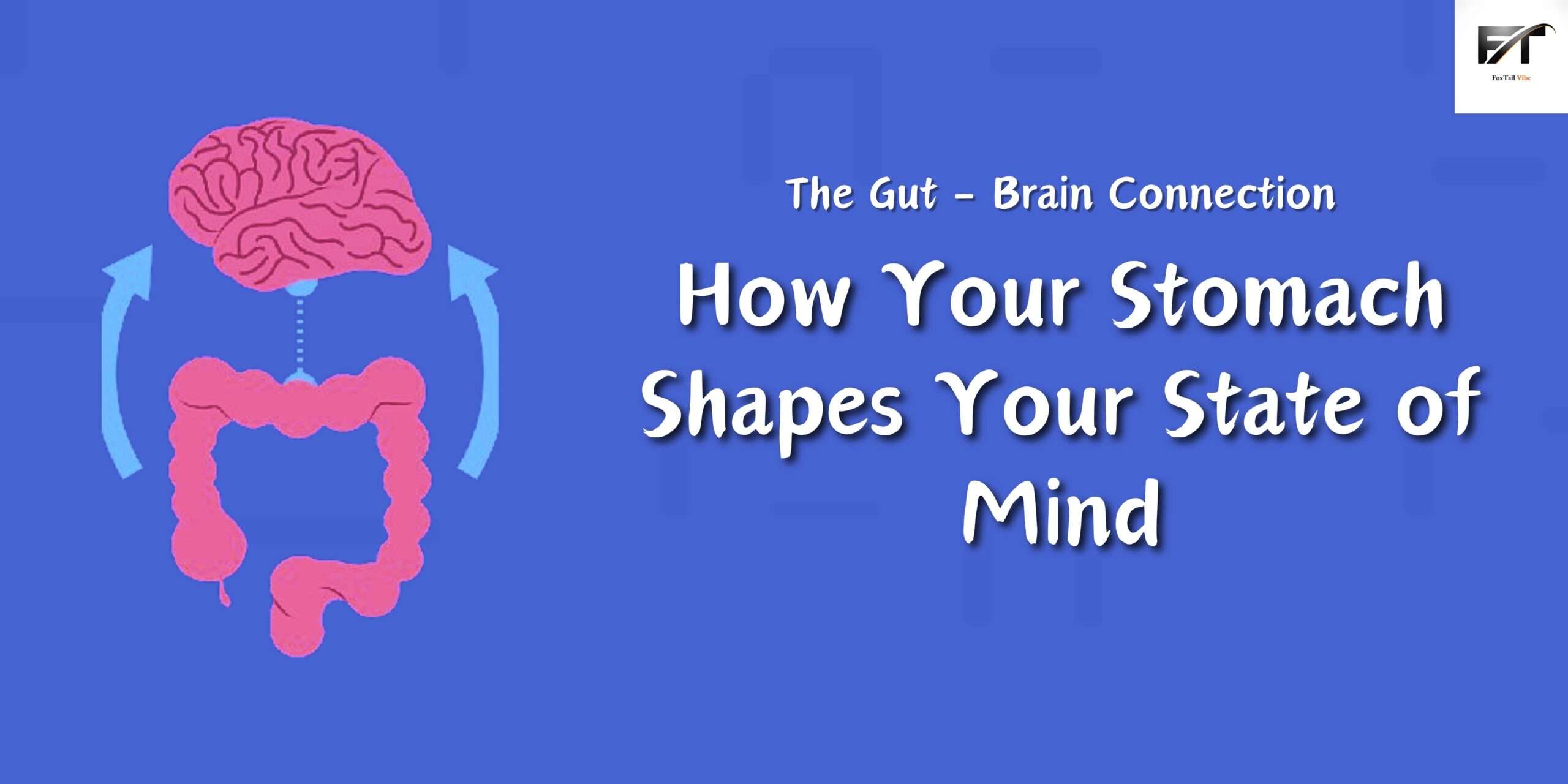Have you ever thought about how your tummy might be connected to your mood? It might sound strange, but it turns out that our gut, where our food goes, has a big say in how we feel. Inside our gut lives a whole community of tiny creatures called bacteria. They might sound gross, but they’re actually super important for keeping us healthy, especially when it comes to our brains.
Scientists have found that these bacteria can talk to our brains and even affect how we feel. So, if you’ve ever had a “gut feeling” about something, there might be more truth to it than you think! Let’s take a closer look at how our gut health can affect our mental well-being in ways we never imagined.
Understanding the Gut-Mind Connection
You may be surprised to learn that your gut is home to trillions of microorganisms, collectively known as the gut microbiota. These microorganisms include bacteria, viruses, fungi, and other tiny organisms, which form a complex ecosystem within our digestive system. This gut microbiota not only aids in digestion but also plays a vital role in various aspects of our health, including our mental well-being.
The Role of Gut Microbiota in Mental Health

Recent scientific research has uncovered a profound link between the gut microbiota and mental health. It turns out that the composition and diversity of our gut microbiota can influence our mood, emotions, and cognitive functions in several ways.
1. Production of Neurotransmitters
One of the key mechanisms through which the gut affects mental well-being is by producing neurotransmitters – the chemical messengers that transmit signals between nerve cells in the brain. Surprisingly, the majority of serotonin, a neurotransmitter associated with mood regulation and happiness, is produced in the gut. An imbalance in gut bacteria can disrupt serotonin production, leading to mood disorders such as depression and anxiety.
2. Regulation of Inflammation
The gut microbiota also plays a crucial role in regulating inflammation in the body. Chronic inflammation has been linked to various mental health conditions, including depression and Alzheimer’s disease. Imbalances in gut bacteria can trigger inflammation, which, in turn, can adversely affect brain function and contribute to the development of mental disorders.
3. Influence on the Gut-Brain Axis
The gut is connected to the brain via the gut-brain axis, a bidirectional communication pathway between the gastrointestinal tract and the central nervous system. Signals sent from the gut to the brain can influence mood, behavior, and cognitive functions. Disruptions in the gut microbiota can impair this communication network, leading to disturbances in mental health.
Factors Affecting Gut Health and Mental Well-being
Several factors can influence the balance and diversity of the gut microbiota, ultimately affecting our mental well-being:
- Diet: A diet rich in fiber, fruits, vegetables, and fermented foods nourishes beneficial gut bacteria and promotes a healthy microbiome. Conversely, a diet high in processed foods, sugar, and unhealthy fats can disrupt gut health and increase the risk of mental health issues.
- Stress: Chronic stress can alter the composition of the gut microbiota and weaken the gut barrier, leading to inflammation and impaired brain function. Practicing stress-reduction techniques such as meditation, yoga, and deep breathing exercises can help support gut health and improve mental well-being.
- Antibiotics and Medications: Antibiotics and certain medications can disrupt the balance of gut bacteria, leading to dysbiosis – an imbalance in the gut microbiota associated with various health problems, including mental disorders. Whenever possible, it’s essential to use antibiotics judiciously and explore alternative treatments that minimize disruption to gut health.
- Lifestyle Factors: Other lifestyle factors, such as sleep quality, physical activity, and social connections, also influence gut health and mental well-being. Prioritizing adequate sleep, regular exercise, and meaningful social interactions can promote a healthy gut microbiota and support optimal brain function.
Conclusion
In conclusion, the gut-brain connection highlights the intricate relationship between gut health and mental well-being. By adopting a gut-friendly lifestyle – including a balanced diet, stress management techniques, and healthy habits – you can support a thriving gut microbiota and promote optimal mental health. Remember, taking care of your gut is not just about digestion; it’s about nourishing your mind, body, and soul for a happier, healthier life. How about checking out the 5 Critical Warning Signs for Self-care and Support.
Also Read – What Are The Benefits of Intermittent Fasting
